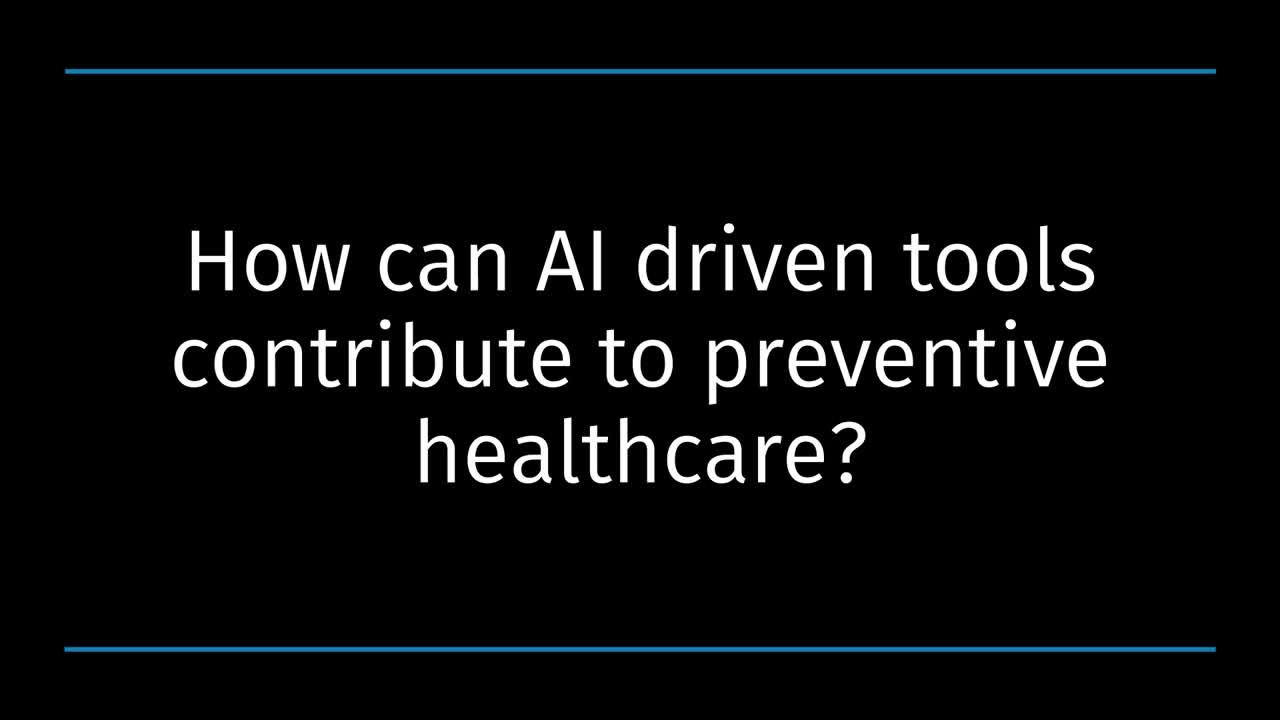UpToDate integrations are creating richer insights faster
The trusted content in UpToDate is aligned to work in concert with a range of Wolters Kluwer Health solutions. For example, UpToDate works seamlessly with Medi-Span® Clinical APIs, a medication decision support solution, and our drug reference solution UpToDate® Lexidrug™.
When solutions are designed to work together, the entire experience becomes more intuitive and effective. In the case of Global Care Hospital in Abu Dhabi, the UpToDate and UpToDate Lexidrug integration is playing a major role in addressing clinical complexity—a growing challenge in the Middle East.

